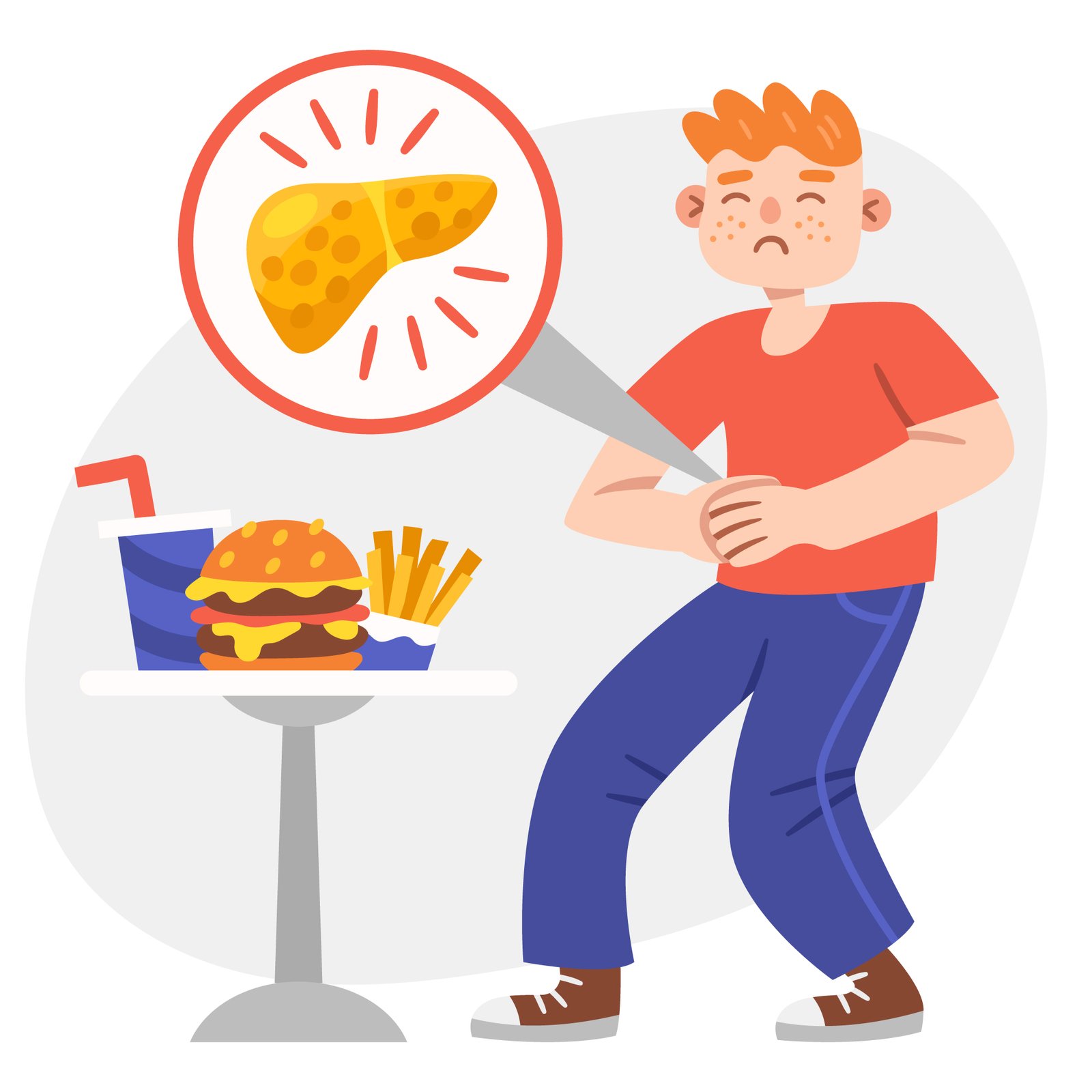Cholesterol, a waxy substance, is present in every cell of your body. While it is essential for proper bodily function, excessive levels can lead to health concerns such as heart disease and stroke. To discover seven dietary additions that can naturally reduce cholesterol without resorting to medication, please continue reading this blog from leading Dietician Avni Kaul. You need to know no single food is going to do any miracle. To have better heart health you need to include foods that are given below.
Oats
Whether it’s breakfast or a nutritious evening meal, oats stand out as an excellent choice for managing chronic health conditions. They are rich in soluble fiber, which plays a crucial role in reducing cholesterol levels by binding to cholesterol within the digestive tract, thus inhibiting its absorption into the bloodstream.
Fruits and vegetables
An effective approach to managing high cholesterol levels through dietary choices involves incorporating a variety of fresh, seasonal fruits, and vegetables into your meals. These natural foods are not only low in calories and fat but also offer a wealth of vitamins, minerals, and antioxidants. Consuming ample amounts of fruits and vegetables can contribute to reducing cholesterol levels and enhancing overall cardiovascular health.
Whole grains
Incorporating a substantial amount of whole grains into your diet is a beneficial strategy when dealing with high cholesterol levels. Whole grains serve as an excellent dietary source of fiber, which plays a pivotal role in cholesterol reduction. Furthermore, they offer an array of essential nutrients, including vitamins, minerals, and antioxidants, making them a compelling choice for managing cholesterol levels effectively.
Fish
Next on the list for dietary additions are fatty fish varieties like salmon, tuna, and mackerel. These superfoods are rich in omega-3 fatty acids, and here’s why that matters: Omega-3 fatty acids are highly effective in regulating levels of LDL (the “bad” cholesterol) in the bloodstream, ultimately contributing to enhanced cardiovascular well-being.
Nuts and seeds
Incorporating a small serving of nuts and seeds into your diet can prove advantageous when dealing with elevated cholesterol levels. These nutritious snacks provide a valuable combination of protein, fiber, and heart-healthy fats. Including options like flaxseeds, chia seeds, pumpkin seeds, almonds, and walnuts (in moderation) in your diet can be beneficial for reducing cholesterol levels and enhancing overall cardiovascular health.
Legumes
Beans, lentils, and peas exemplify legumes that offer a rich supply of protein, fiber, and various essential nutrients. The inclusion of legumes in your diet can contribute to cholesterol reduction and the promotion of heart health.
Soya
For individuals dealing with dairy intolerance, there’s encouraging news. If you’re grappling with high cholesterol levels, consider incorporating soy-based foods into your diet. Soy products like tofu, tempeh, and edamame contain phytoestrogens, which are plant compounds known for their cholesterol-lowering properties.



